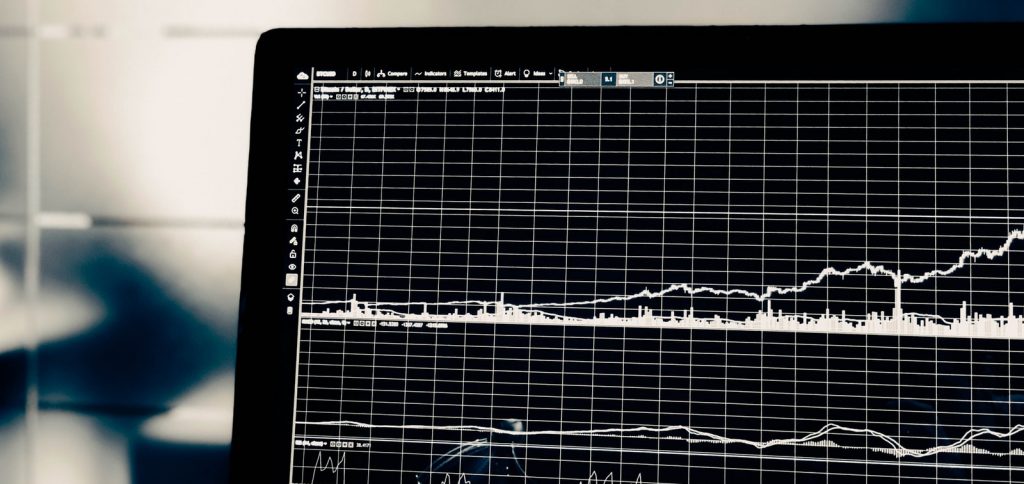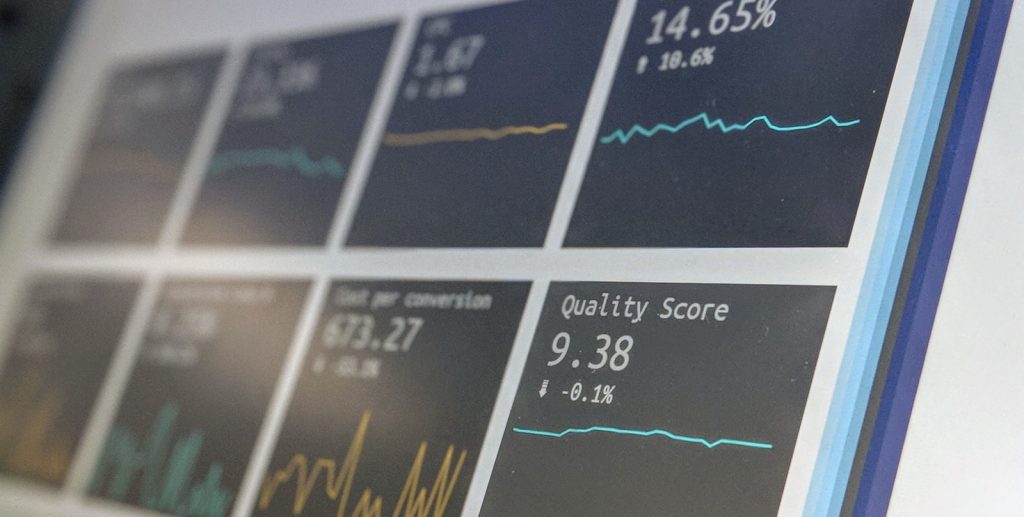Table of Contents
Security concerns when it comes to big data
While just a few years ago big data was only something large enterprises could afford to use, today, even small companies need to utilize and analyze big data in order to keep up with the rest of the players in their respective industries. Without big data, your business is in grave danger of collapsing under the weight of under-optimized performance and excessive expenses. However, in addition to its benefits, big data also brings numerous new concerns – big data means big security risks.

Big data in regulated industries
In heavily regulated industries, such as the medical and financial fields, big data carries even more concerns. For example, medical practitioners and everyone else involved with patient information have to follow HIPAA privacy guidelines. This adds additional complications to data analysis, storage, transmission, and management.
Big data storage is another source of issues. Since few companies have the resources to store, manage, and analyze data in-house, third parties have to become involved. So even though the data is stored in a cloud storage facility and analyzed by a third party, in the eyes of regulators, your business is still responsible for the security of that information.

Remote work and BYOD influence on big data security
With so many people working from home during the pandemic or bringing their own devices to the office, companies are facing additional challenges, as it is much easier to ensure security when only company-owned and managed devices are used to store, process, and transmit data. On the other hand, trying to secure each device employees might use to access information and connect to networks requires a lot of time and resources. Ensuring and maintaining that level of security is also a complicated task.
What are the sources of big data security risks?
Since big data is traditionally stored in the cloud, most people have come to expect potential security risks to come from the cloud as well. However, there are many other potential sources of danger. For instance, using third-party applications that come from unknown sources can bring significant risk of security breaches. Devices used by the company’s employees are also an easy entry point for threat actors, especially if those devices are used to access data stored in the cloud remotely. To address these security concerns, companies need to implement adequate endpoint security. Finally, users are arguably the biggest threat in any cybersecurity scenario. Data access should be granted only to the people that actually need it. Those employees should receive extensive training with regular refreshers. Additionally, their cybersecurity awareness should be tested frequently.

How to ensure big data security?
The best way to ensure the security of big data is to adopt a complex approach that includes monitoring all instances of data access and interaction, proper classification of information, data event correlation, strict control of applications and devices that are used by employees, the use of proper encryption, etc.